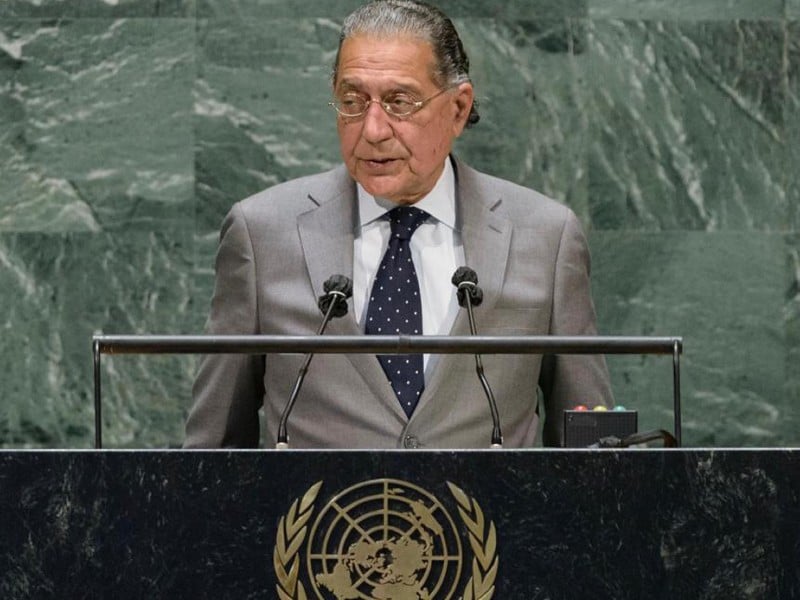
Pakistan points to triple challenges of recovery from Covid-19
Envoy calls for revival of SDGs, avoiding climate catastrophe as world leaders mark 75th anniversary of UN
UNITED NATIONS:
World leaders came together, virtually, on Monday to mark the 75th anniversary of the United Nations, as the deadly coronavirus pandemic and tensions between the United States and China challenge the effectiveness and solidarity of the 193-member world body.
As Covid-19 began to spread around the world earlier this year, forcing millions of people to shelter at home and dealing a devastating economic blow, countries turned inward and diplomats say the United Nations struggled to assert itself.
Long-simmering tensions between the United States and China hit boiling point over the pandemic, spotlighting Beijing’s bid for greater multilateral influence in a challenge to Washington’s traditional leadership.
In an apparent swipe at the United States, China’s President Xi Jinping said on Monday: “No country has the right to dominate global affairs, control the destiny of others, or keep advantages in development all to itself. Even less, should one be allowed to do whatever it likes and be the hegemon, bully or boss of the world. Unilateralism is a dead end.”
Deputy US Ambassador to the United Nations Cherith Norman Chalet told the General Assembly that the world body had in many ways proven to be a “successful experiment, but “there are also reasons for concern… the UN has too long been resistant to meaningful reform, too often lacking in transparency, and too vulnerable to the agenda of autocratic regimes and dictatorships”.
UN Secretary-General Antonio Guterres said the pandemic had exposed the world’s fragilities. “We can only address them together. Today we have a surplus of multilateral challenges and a deficit of multilateral solutions,” he said. “No one wants a world government – but we must work together to improve world governance.”
Several leaders called for a reform of the United Nations and in particular the 15-member Security Council, arguing it was unfair that the United States, Russia, China, France and Britain were the only permanent veto-wielding powers. “A council structure that leaves the fate of more than 7 billion people to the mercy of five countries is neither fair nor sustainable,” Turkey’s President Tayyip Erdogan said.
Speaking at a high-level meeting, Pakistan’s Permanent Representative and President of the United Nations Economic and Social Council (Ecosoc), Ambassador Munir Akram, underscored the need for strengthening the world body.
A golden age no more
He said it was unfortunate that even as the world confronted the common challenge of Covid-19, the Sustainable Development Goals (SDGs), the looming threat of a climate catastrophe and the potential for collective action and international cooperation were being eroded by the revival of great power rivalry besides old and new conflicts across the world.
“Historically, this has been a ‘golden age’ – in economic growth and productivity; the reductions in poverty and maternal and child mortality; the rise in life expectancy; and scientific and technological advances but unfortunately, Covid-19 starkly revealed the reality of inequality among nations,” he said.
“It is the poorest who have suffered the most from the pandemic. The richer countries have mobilised $11 trillion to respond to the Covid health and economic crisis which will contract the world economy by 5-10%,” he told the gathering.
Ambassador Akram called for empowering the Ecosoc to take the decisions that were needed to overcome Covid, sustainable development and climate challenges. In this regard, he added, Pakistan would focus on practical steps and concrete actions during its presidency of Ecosoc this year.
He suggested that the developing countries needed at least $2.5 trillion to recover from the health and economic challenge of the Covid crisis, adding that the quickest solution was to create new special drawing rights (SDRs) of at least $600 billion and repurposed the unutilised quotas of richer countries.
An additional investment of $1.5 trillion annually was required in sustainable infrastructure – energy, transport, water and sanitation – to achieve at least 90% of targets. In this regard, the Ecosoc president stressed the intellectual property regime should be made compatible with the SDGs.
The one-day special event on Monday came ahead of the annual meeting of world leaders at the United Nations, which starts on Tuesday (today) with no presidents or prime ministers physically present in New York. All statements have been pre-recorded and will be broadcast in the General Assembly hall.
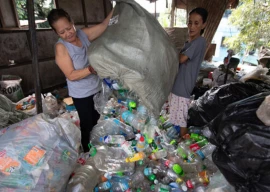
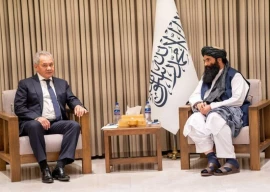
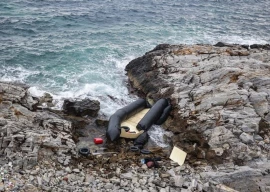
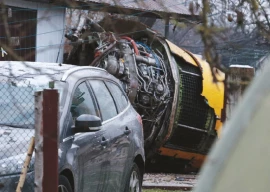











COMMENTS
Comments are moderated and generally will be posted if they are on-topic and not abusive.
For more information, please see our Comments FAQ